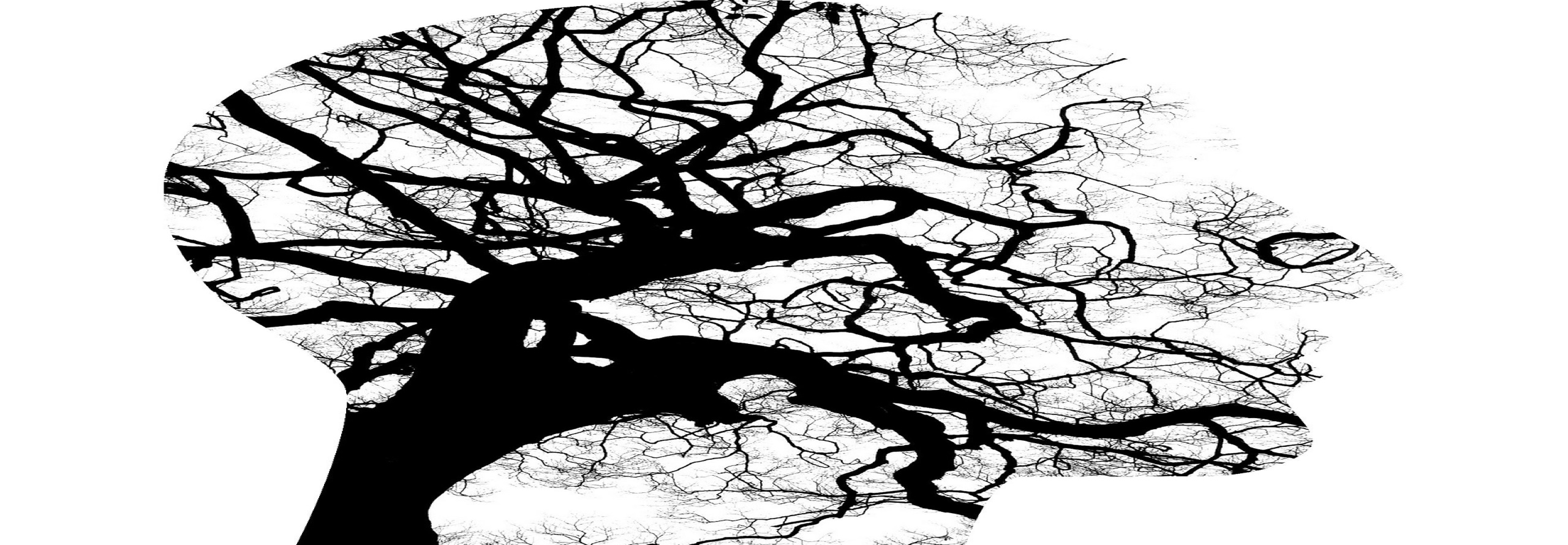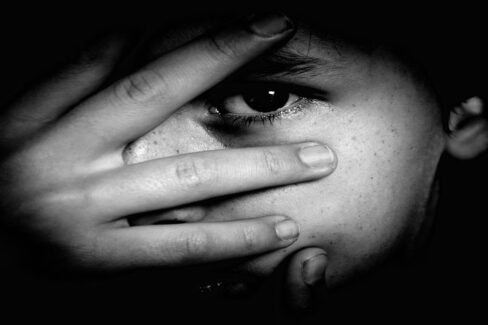Denial – a river in Egypt or the perception of mental illness?*
There are many kinds of mental illness and it would be a Herculean task to decide if treatment for mental illness should be medication, talking therapies or a mixture of both as it depends on the individual diagnosis and the length of time that elapsed before any form of treatment was attempted. However, Lila would like me to focus on why people who are diagnosed with mental illness are so resistant to medication or even talking therapies. So I will keep it simple.
Mental illness is not limited to any class, intelligence, race or culture, though cultural aspects can influence how it is perceived.
Life is not static and in the course of a lifetime we all experience life changes, such as loss of employment, chronic illness, bereavement or a breakup of a relationship. Others suffer from being bullied or abused or dysfunctional interpersonal relationships that distort their sense of self worth. Furthermore, some have chemical imbalances that result in psychotic episodes or mood swings. Whatever the reason, a mental illness is just as real as any physical illness and you just can’t “snap out of it”.
If depression is mild, a course of counselling, Cognitive Behaviour Therapy (CBT) coupled with a short course of antidepressants is sufficient to get back on an even keel. In some cases, counselling alone is enough and generally most antidepressants are abandoned by patients due to side effects. These tend to wear off given time, but since antidepressants take a couple of weeks to kick in, they are often perceived as “not working”. However, people suffering from a mild depression can often function and carry out their normal routines. In some cases however, the depression is more severe and the patient may experience suicidal thoughts which may require close supervision and even a brief stay in a psychiatric unit to ensure their safety.
For some, where the need is parenting or marital adjustments, counselling alone will be sufficient for the person to learn coping strategies to deal with stressors.
In fact, with most anxiety disorders, CBT or psychotherapy is more effective than medication.
A more complex situation arises when there is substance or alcohol abuse driving the underlying emotional issues. In this case CBT, group therapy and the 12 step support programme together with medications to counter cravings is the recommended course of action.
Another category worth a mention is eating disorders such as Bulimia and Anorexia nervosa. It is generally assumed it can be fixed by changing one’s eating habits, but sadly the root cause is not diet, but the feelings of inadequacy and lack of control which leads to body dysmorphia. Usually, in-house medical supervision is required as patients get clever at evading the prescribed regime and diet. CBT, counselling and antidepressants are also usually necessary.
Finally we come to Schizophrenia and Bipolar disorders, which only respond to antipsychotic and mood stabilising medication and in some cases Electroconvulsive Therapy(ECT) though counselling and CBT can be useful in developing coping strategies when the psychosis or acute depression and mania is being well managed.
Why therefore do patients refuse medication or any form of treatment? The most common reason for refusing medication among Schizophrenics and patients with Bipolar depression is a lack of awareness that they are ill. It has a medical term – Anosognosia. Their increasingly abnormal behaviour is perceived by them as being perfectly normal and logical. In some cases, family members or loved ones go along with this misperception because they are scared, they don’t know how to handle it or because they don’t want their family to be tainted with the social stigma of mental illness. As a result, the mentally ill person evades treatment, sometimes for years, while those around them ignore their often bizarre behaviour.
Sometimes there is alcohol and drug abuse which masks the mental illness and allows the family members to attribute the abnormal behaviour to the stimulants which they deem preferable to the stigma of mental illness.
Patients also stop taking medications due to the side effects. Antipsychotics can cause a range of unpleasant side effects including weight gain. Often, patients will take the medication for a while and when symptoms such as hallucinations disappear they declare themselves cured. However, the symptoms soon recur and every time a patient experiences an acute episode, it gets harder to get them back on track.
Taking medication is also a reminder to the patient that they are somehow damaged and this leads to feelings of acute shame. Family members also sometimes encourage them to hide their illness from others which further reinforces their lack of self worth. Also the admittance of a mental illness might make it harder for patients whose symptoms are under control to get employment due to institutional stigma.
The media also has a part to play in how they portray mental illness. Often murders by paranoid Schizophrenics get publicity in the papers, but no one points out that Schizophrenics are more likely to harm themselves than others.
The best way to overcome this problem is by the education of the public, the shrugging off of the mantle of shame by the patient and family and the establishment of a strong supportive relationship between the patient and caring mental health professionals. It takes time to change peoples’ belief systems but mental illness is as valid as physical ailments and it requires acceptance. The mind and the body reside within the same individual and are not separate entities. When mental illness is controlled by medication and there is a strong support system, the person can live a relatively normal life in society.
*This article was written by ‘The Common Sense Therapist’, a retired psychologist who lives overseas and wishes to remain anonymous. She has many decades of experience in dealing with various people and aspects of psychology, and is a great source of enlightenment on many things in life.









